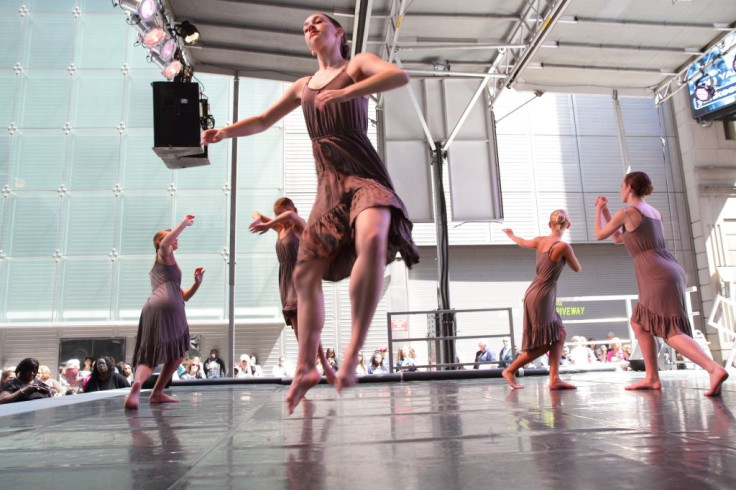Liking Someone Affects How Your Brain Processes the Way They Move

Liking someone can affect the way your brain processes their actions, according to scientists.
Researchers said that watching someone else move usually causes a 'mirroring' effect. The mirroring effect is when parts of the brain responsible for motor skills are activated by watching someone else in action.
The latest findings, published in the journal PLoS ONE, shows that your feelings toward the person you're watching can actually affect the activity in the part of your brain responsible for motor actions, and can for example lead to "differential processing" like thinking the person you dislike is moving slower than they actually are.
"We address the basic question of whether social factors influence our perception of simple actions," researcher Lisa Aziz-Zadeh, an assistant professor with the Brain and Creativity Institute at USC and the Division of Occupational Science, said in a statement. "These results indicate that an abstract sense of group membership, and not only differences in physical appearance, can affect basic sensory-motor processing," she added.
In the past researchers found that ethnicity or physical similarity can also influence brain processes, and that people tend to have more empathy for others who look like them. In the study, researchers recruited Jewish males who were asked to watch people move. Half of the people were presented as neo-Nazis and the other half were presented as likeable and open-minded people.
The findings revealed that when participants viewed people they disliked, the neo-Nazis in this case, the right ventral premotor cortex part of their brain activated in 'mirroring,' had a different pattern of activity compared to when they were looking at individuals they liked. Researchers stressed that the findings apply specifically to watching the other person move. They noted that there was no difference in brain activity in the motor region when participants were asked to watch still videos of people they liked or disliked.
"Even something as basic as how we process visual stimuli of a movement is modulated by social factors, such as our interpersonal relationships and social group membership," lead researcher Mona Sobhani a graduate student in neuroscience at USC, said in a statement . "These findings lend important support for the notion that social factors influence our perceptual processing."



























